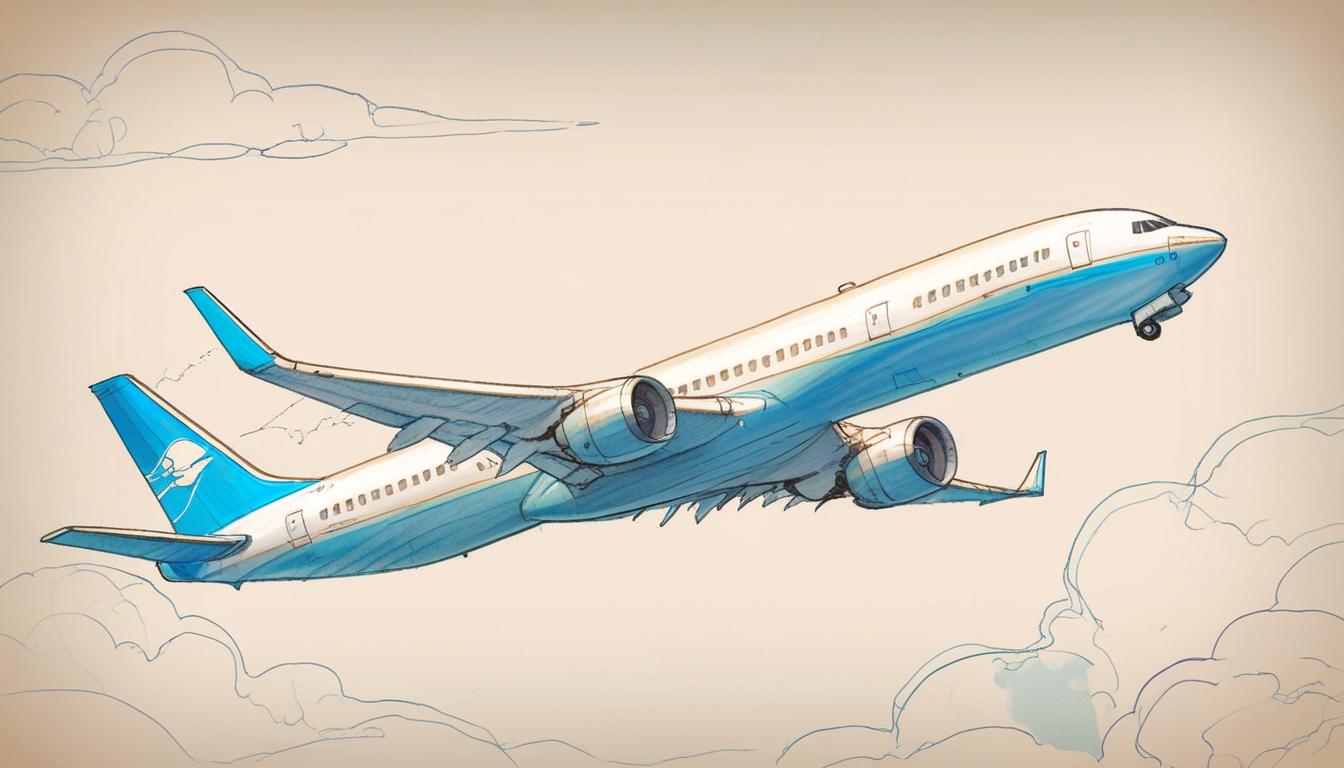A recent incident involving a brand-new Boeing aircraft being rerouted back to the United States has brought into sharp focus the escalating commercial tensions between Washington and Beijing and their impact on the global aviation industry. The aircraft, originally destined for delivery to a Chinese airline from Boeing’s completion centre in Zhoushan, near Shanghai, was instead redirected via Guam to Seattle. This unexpected diversion carries significant implications for both Boeing and the wider aerospace sector amid ongoing trade disputes.
The backdrop to this event is the intensifying trade rivalry between the United States and China, which has seen tariffs implemented on a broad range of Chinese goods since April 2, during the administration of former President Donald Trump. These tariffs encompass various industries, including aviation, where Boeing’s aircraft have notably been excluded from Chinese imports. Zhoushan serves as a key node in Boeing’s Asian logistics operations, and the disruption there signals the broader challenges posed by the tariff conflict.
Boeing has traditionally relied heavily on the Chinese market, which accounts for roughly 25% of its deliveries. At present, around 130 aircraft orders from Chinese airlines and leasing companies remain outstanding, while an additional 760 orders projected to meet Chinese demand have yet to attract buyers. Despite this sizeable backlog, industry experts suggest that Boeing may weather a temporary pause in Chinese deliveries through close coordination with its suppliers and by leveraging its global network.
There have been reports, notably from Bloomberg, suggesting that Beijing could be instructing Chinese carriers to cease acquiring U.S.-made aircraft parts, a move that would add further strain to the aviation supply chain and complicate production schedules. While no formal directives have been confirmed regarding the acceptance of Boeing aircraft, the uncertainty these tensions generate has prompted some airline executives to consider deferring deliveries to sidestep the impact of tariffs.
This episode exemplifies the wider challenges faced by the aviation sector amidst shifting geopolitical and economic landscapes. It underscores the degree to which industries are intertwined within the global economy and highlights the strategic imperative for companies like Boeing to diversify their markets and forge new alliances. With the aviation industry serving as a key indicator of international trade vitality, how it adapts to these complexities will shape its future trajectory.
The Sustainability Times is reporting that this development emphasises the critical need for strategic navigation amid geopolitical turbulence as the industry seeks pathways to sustained growth and resilience in an evolving global context.
Source: Noah Wire Services
